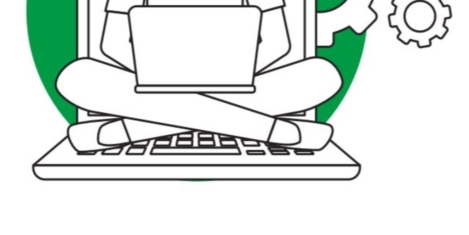May 28, 2019
Number of over-70s in work doubles
 Record numbers of over-70s are choosing work over retirement, according to new analysis from Rest Less, a membership community site in the UK to offer work and volunteering opportunities specifically targeted at the over 50s. Using bespoke data provided to Rest Less by the Office for National Statistics, Rest Less’s analysis claims that the number of over-70s in full or part-time employment has been steadily rising year on year over the past 10 years, reaching a peak of 497,946 in the first quarter of this year – an increase of 286,000 or 135 per cent since 2009. Today, nearly 1 in 12 (8.1 percent) of those in their 70s are working, a significant increase from the 1 in 22 (4.5 percent) there were 10 years ago.
Record numbers of over-70s are choosing work over retirement, according to new analysis from Rest Less, a membership community site in the UK to offer work and volunteering opportunities specifically targeted at the over 50s. Using bespoke data provided to Rest Less by the Office for National Statistics, Rest Less’s analysis claims that the number of over-70s in full or part-time employment has been steadily rising year on year over the past 10 years, reaching a peak of 497,946 in the first quarter of this year – an increase of 286,000 or 135 per cent since 2009. Today, nearly 1 in 12 (8.1 percent) of those in their 70s are working, a significant increase from the 1 in 22 (4.5 percent) there were 10 years ago.

















 New research from
New research from 


 Today, the
Today, the 
 The majority (90 percent) of Grade A deals for commercial offices in Edinburgh so far this year came from the tech sector,
The majority (90 percent) of Grade A deals for commercial offices in Edinburgh so far this year came from the tech sector, 









May 23, 2019
From storage to stowage: what neuroscience teaches us about work
by Helen Owen • Comment, Workplace design